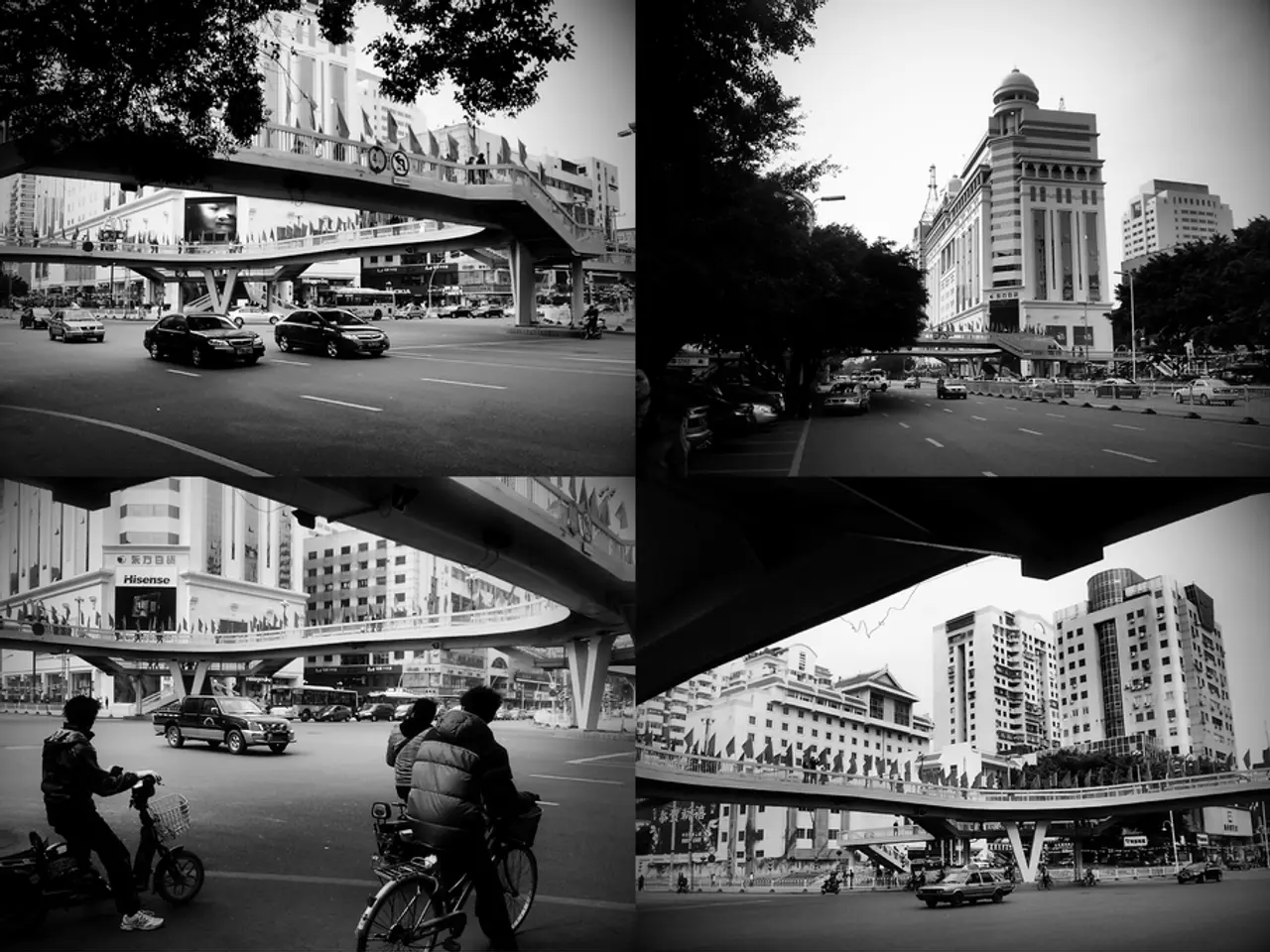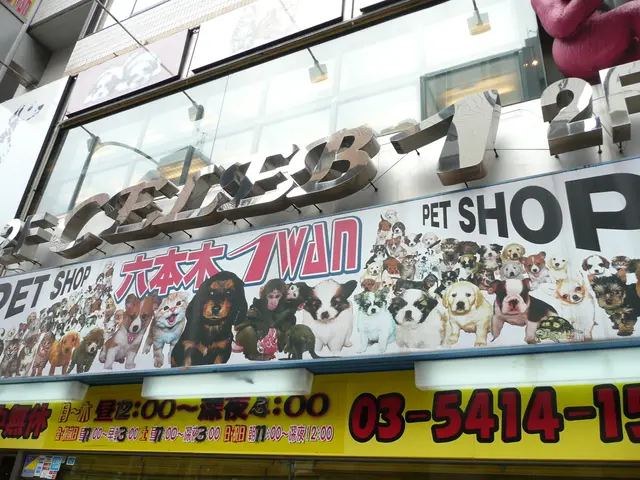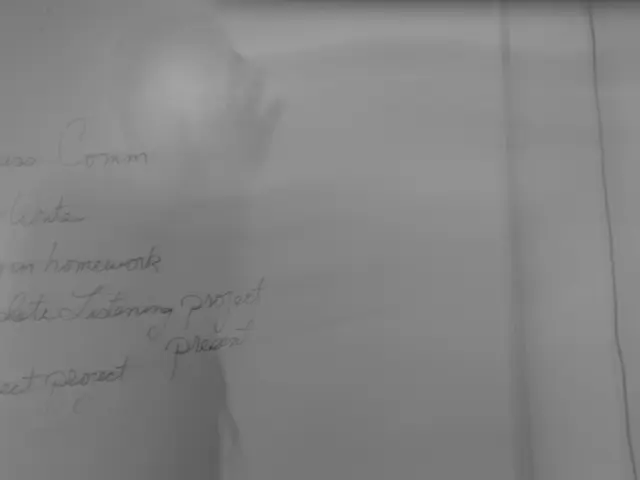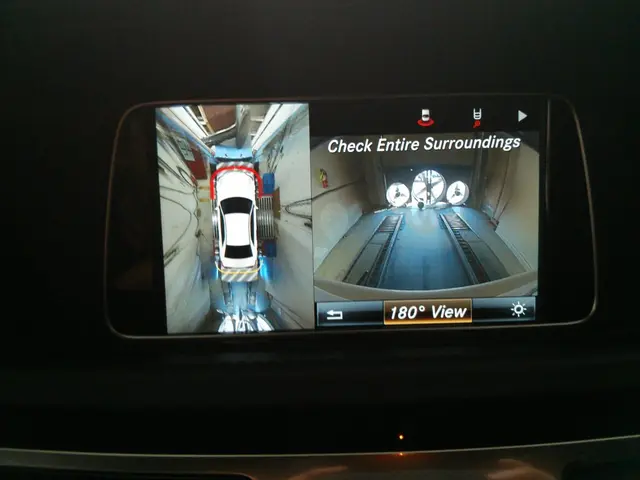Essential Items to Ditch Purchasing, as Suggested by Robert Kiyosaki for the Middle Class
================================================================================
In his influential book, "Rich Dad Poor Dad," Robert Kiyosaki offers a fresh perspective on financial management, challenging the conventional wisdom that keeps many middle-class individuals economically mediocre. Kiyosaki's approach centers around the distinction between assets and liabilities, and the importance of cash flow over owning things that go down in value.
According to Kiyosaki, the middle class often confuses accumulating possessions with building wealth. Expensive cars, consumer goods, and overpriced college education are examples of liabilities that drain wealth rather than contribute to it. Instead, he advocates prioritizing long-term financial freedom over short-term gratification.
The key insight underlying Kiyosaki's teachings is the distinction between assets and liabilities. Assets put money in your pocket, while liabilities take money out of your pocket. Traditional financial advice often focuses on net worth and accumulating possessions, but Kiyosaki emphasizes cash flow over everything else.
One of Kiyosaki's central arguments is that many behaviors the middle class considers financially responsible prevent wealth accumulation. For instance, he argues that your primary residence is not an asset but a liability, directly contradicting what most financial advisors teach. Wealthy individuals, on the other hand, often drive modest, reliable vehicles while directing money toward income-generating investments.
Kiyosaki suggests directing money toward assets that generate cash flow instead of buying expensive consumer purchases. The difference between a reliable used car and a luxury vehicle could fund a significant investment in stocks, bonds, or business opportunities. Building wealth requires consistently choosing investments that generate ongoing income rather than purchases that drain money from your accounts.
To help the middle class break free from the cycle of financial mediocrity, Kiyosaki advocates for self-directed financial education. He suggests books, seminars, mentorship, and practical experience as resources. He argues that the mind is the most powerful asset for wealth creation, and questions the value of expensive college degrees for most students.
Kiyosaki's five recommendations for the middle class to stop buying, as outlined in his book, focus on avoiding purchases that hinder wealth building by increasing liabilities rather than assets. These include:
- Stop Buying Luxuries Before Building Assets: Kiyosaki highlights that the middle class often prioritizes purchasing luxury items before accumulating income-producing assets. He advocates reversing this order, where assets come first and luxuries come later once financial security is established.
- Avoid Buying Liabilities: Kiyosaki stresses the importance of distinguishing assets from liabilities, encouraging people to avoid buying things that create ongoing expenses or debts that drain cash flow, rather than purchase income-generating assets.
- Stop Buying What You Don’t Need or What Does Not Generate Income: This means avoiding unnecessary consumer goods and non-essential expenditures that do not contribute to wealth and may increase financial burden.
- Avoid Over-Leveraging with Bad Debt: While he supports good debt used for investing and leverage, Kiyosaki warns against acquiring debt for consumer purchases that do not build equity or income streams.
- Resist Paying Yourself Last (i.e., Don't Defer Investing in Yourself): Although not a direct "stop buying," Kiyosaki’s principle about “paying yourself first” urges not to delay investing in income-generating assets, which often requires cutting back on non-essential spending to free up capital for investments.
In summary, Kiyosaki recommends the middle class stop buying liabilities and luxuries prematurely, avoid consumer purchases that do not build wealth, manage debt wisely by avoiding bad debt, and prioritize investing in assets that generate passive income before indulging in discretionary spending. This mindset helps build a financial foundation leading to wealth.
Investing in assets that generate cash flow, such as stocks, bonds, or business opportunities, is key to building wealth according to Kiyosaki's teachings. Personal-finance management should prioritize long-term financial freedom over short-term gratification by avoiding liabilities like expensive cars and consumer goods.
Business individuals and those interested in personal-finance should direct their money towards assets instead of liabilities, as advocated by Robert Kiyosaki in his influential book, "Rich Dad Poor Dad." This strategy emphasizes cash flow over net worth and possession accumulation.






